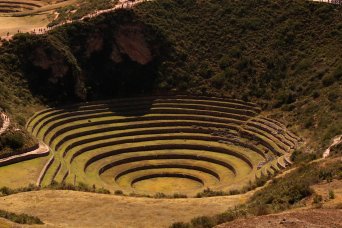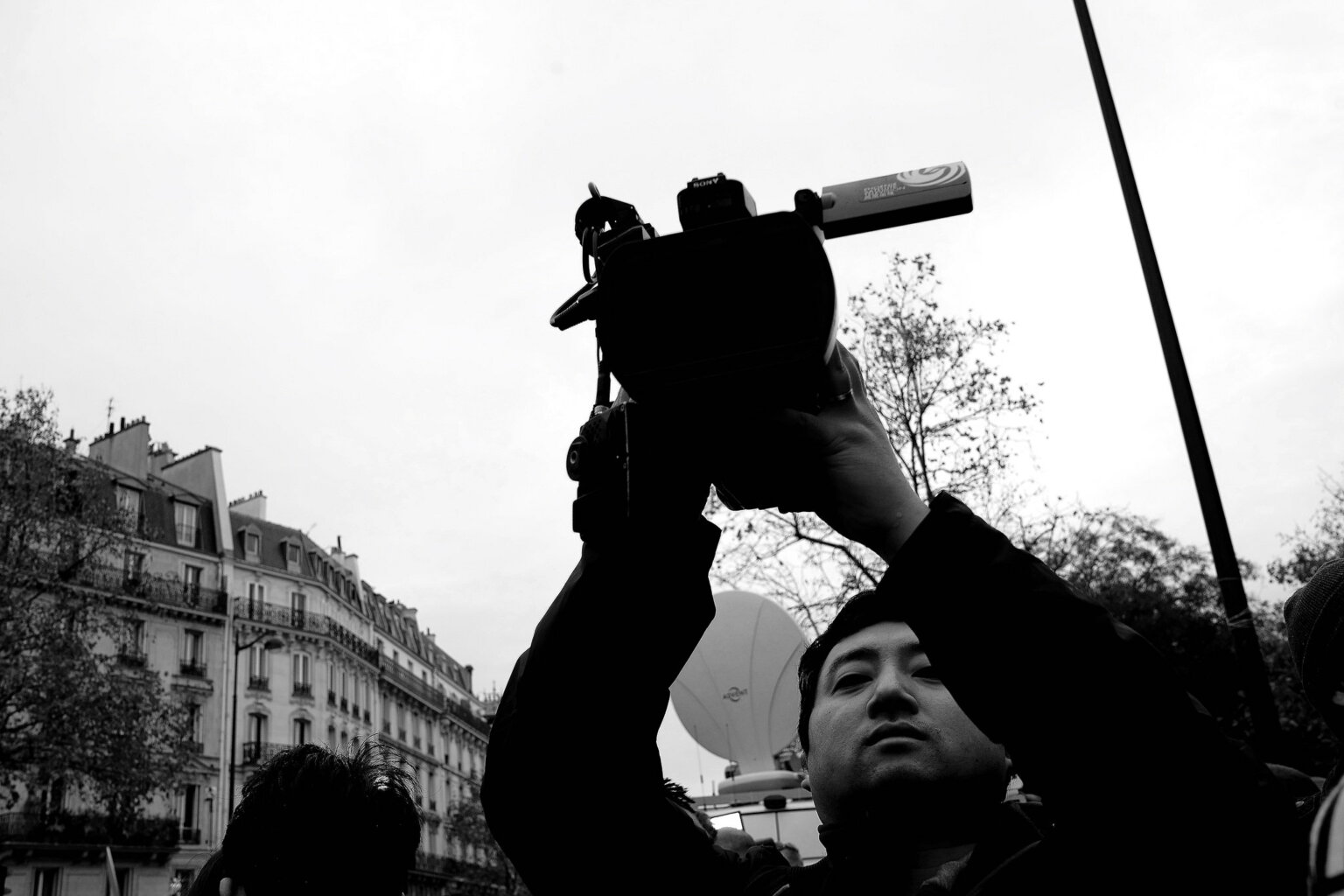- About
- Topics
- Story
- In-Depth
- Picks
- Opinion
- News
- Donate
- Signup for our newsletterOur Editors' Best Picks.Send
Read, Debate: Engage.
| topic: | Transparency and Corruption |
|---|---|
| located: | Peru |
| editor: | Ellen Nemitz |
Pedro Castillo, the Peruvian president in office since July 2021, has been administering the country amid corruption scandals, popular protests against rising prices and two failed impeachment attempts by the opposition party. Now, the Public Prosecutor's Office has inaugurated a new chapter of this troubled trajectory by formally accusing Castillo of corruption and adding a new and serious criminal investigation against him.
According to the Peruvian Public Prosecutor's Office, the denunciations presented by the Attorney General Patricia Benavides - who has been herself involved in polemics by supposedly using her position to benefit her sister - are regarding the "collection of percentages of the illicitly obtained bids and the illicit use of presidential powers." The office claimed to have several proofs of the president's involvement in at least six criminal negotiations. Castillo cannot be charged while in office since he has presidential immunity, but a suspension - for which a lower number of votes in the Congress is needed - is not discarded at all.
The once dubbed "barefoot candidate", in allusion to his poor origins, denies all the accusations and calls them part of a personal persecution. The official website of the Peruvian Presidency has been releasing notes highlighting that "the government promotes fighting strategies against corruption" and that prosecutors are "inventing scripts" for a coup. Stating that he intends to finish his term in 2026 and will democratically open space for the next elected president, Castillo affirmed that the Public Prosecutor's Office should be headed by fair judges and claimed to be "blocked by tricks" by those who do not want him to change the country. The crisis, though, is inevitable: during his nearly 15 months in office, the president has switched ministers several times and has seen his popularity decrease while his government support shrinks.
In addition to an already troubled scenario, all the facts involving President Pedro Castillo are surrounded by the scandal of the Guacamaya Leaks: hackers accessed official emails indicating that the army may have been monitoring leftist parties and candidates, as well as teachers, journalists and NGOs, such as Amnesty International and Derechos Humanos sin Fronteras. The political context also includes the regional elections, held on 2 October, in which the parties aligned to the president were defeated in the main regions, including in the capital city Lima. There, the newly-elected mayor is Rafael López Aliaga, dubbed a "Peruvian Bolsonaro" in allusion to the Brazilian far-right president for doubting vaccines, fighting against a supposed "global communism" and using Jesus Christ's name in politics.
In the right-left dispute in Latin America, accusations of corruption and involvement with criminal organisations against presidents and their close fellows are quite common. Biased opinions on each side of the political game, as well as accusations or defences, may not rarely turn out to be false or discarded by lack of exemption on the trial. Thus, when it comes to revealing the truth, a fair and impartial investigation is the only possible path to avoid injustices and assure that Peru will have the best for its democracy and people's wellbeing.
Photo by Renny Gamarra

